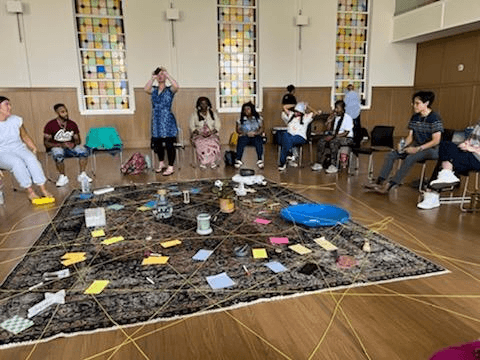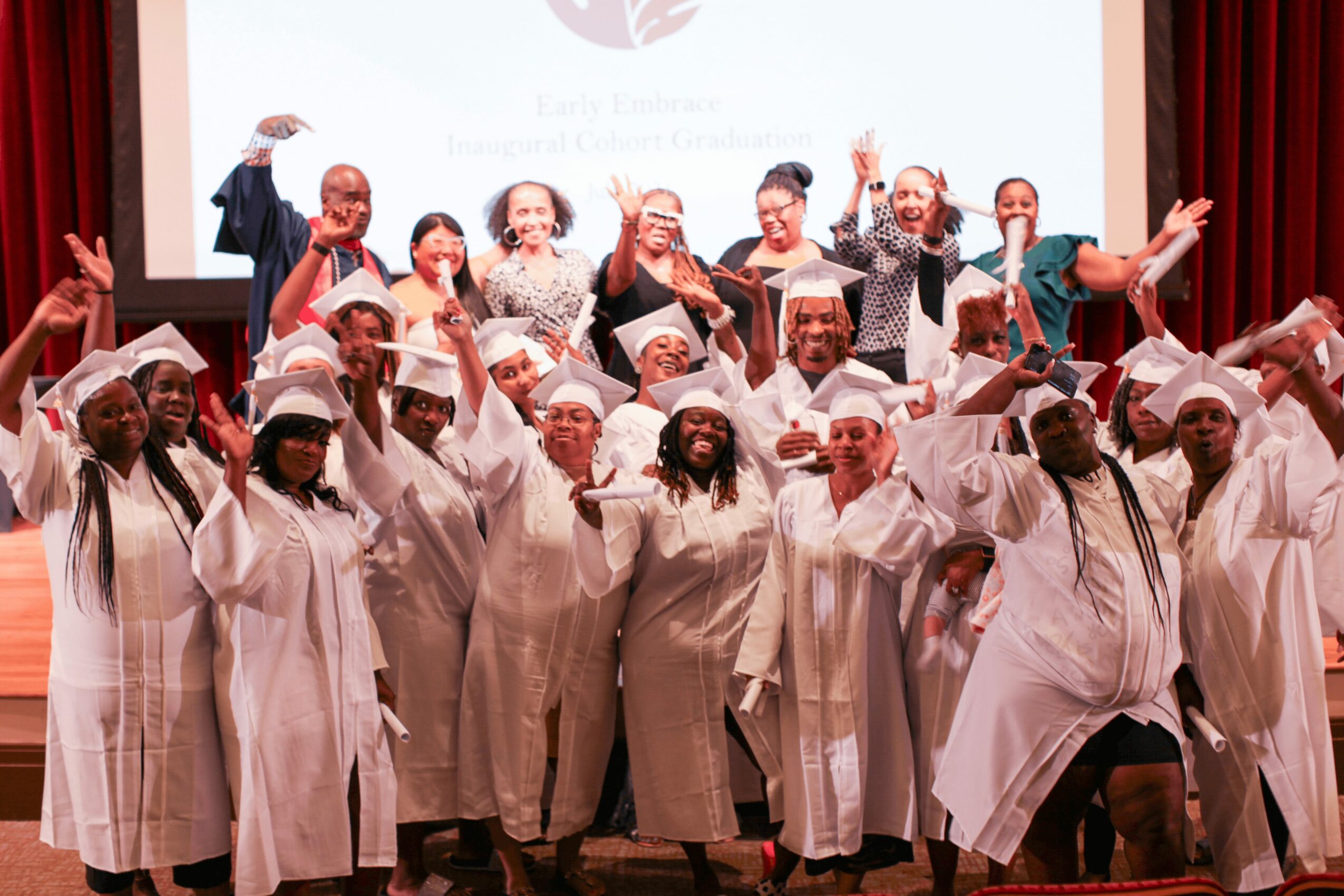

Today we’d like to introduce you to Travis Claybrooks
Travis, we appreciate you taking the time to share your story with us today. Where does your story begin?
Thanks to my mother, a nurse, I grew up with a strong foundation. From birth, I had access to healthcare, and when she converted to Seventh-day Adventism when I was seven, I gained a supportive social network and a private school education. My upbringing in a two-parent home provided the stability of living in a safe neighborhood, all critical factors in giving me a strong start in life.
However, my perspective began to shift when I became a police officer. I witnessed firsthand the inadequacies of the legal system in addressing the deep-rooted social and community challenges faced by poor and marginalized communities. I couldn’t help but think that if these communities had the same access to resources that I had—such as housing, healthcare, education, economic opportunities, and strong social support systems—they would be able to thrive just as I had.
Simultaneously, my experiences led to frustration with the legal and religious systems I grew up in. Despite all my years of churchgoing, I realized I had never been involved in efforts to help solve the problems I was now confronting in my work as a police officer. This disconnection deeply troubled me.
The murders of Alton Sterling and Philando Castille in 2016 were a turning point for me. I began to question why Black men were so often in situations where police presence led to fatal outcomes. Reflecting on my own experiences, I realized that police were often seen as a solution to poverty, but this only heightened the risk for Black individuals in impoverished communities. Poverty itself was a significant factor in these tragic encounters.
Determined to make a change, I founded the Raphah Institute. I believed then, as I do now, that if people had access to the resources they needed to heal and thrive, they would. Our mission is to partner with communities to design and implement solutions that restore their access to these essential resources. By addressing the root causes and providing support, we aim to create environments where everyone has the opportunity to flourish.
Would you say it’s been a smooth road, and if not what are some of the biggest challenges you’ve faced along the way?
My journey has been anything but smooth. Growing up, I was often chastised for not being able to focus on one thing or see a task through to completion. I was always starting something new, seen as a flaw rather than a strength. It took time for me to realize that my ability to see opportunities for change and initiate projects aimed at that change was actually an entrepreneurial spirit. While I did need to work on my follow-through, which has improved with maturity, I wish those around me had encouraged this trait earlier in my life.
My early adult years were marked by a sense of aimlessness. I hadn’t finished college before I found myself married with a young child at 22. This period reflected my struggle to focus on a single path, compounded by a youthful hubris that prevented me from seeing things as they truly were and from accepting the counsel of others. These challenges made it difficult to find a clear direction.
In my personal life, I’ve faced significant hardships, including two divorces. These experiences deeply affected me and my relationships with my children, creating emotional struggles that I have had to work through over the years. Most recently, I lost my mother, who was my rock and a source of unwavering support. Navigating grief has been one of the most challenging aspects of my journey.
These personal and professional struggles have been significant but have also shaped who I am today. They have taught me resilience, humility, and the importance of perseverance. Each obstacle has reinforced my commitment to the mission of the Raphah Institute, reminding me of the importance of providing support and resources to those in need, just as I have needed them in my own life.
Thanks for sharing that. So, maybe next you can tell us a bit more about your business?
Raphah Institute is dedicated to partnering with communities to design and implement solutions that restore access to the resources needed for individuals and communities to heal and thrive. Our mission is to address the root causes of social and economic disparities, particularly in marginalized communities, by providing holistic support and fostering sustainable change.
One of our flagship programs is the ARC (Accountability, Reconciliation, and Community) program, as featured in the MAX documentary, Justice, USA. This initiative focuses on restorative justice, transforming how communities approach conflict and harm. Instead of relying solely on punitive measures, the ARC program facilitates dialogues between victims, offenders, and the community to address the underlying issues, promote healing, and foster reconciliation. This approach helps individuals involved in violent conflicts, strengthens community bonds, and reduces recidivism.
Another key initiative is the Early Embrace program, which supports young families by providing comprehensive resources and education. We recognize that the early years of a child’s life are crucial for their development and future success. Through Early Embrace, we offer parenting classes, early childhood education, and access to healthcare and nutritional support. Our goal is to ensure every child has a strong start in life, regardless of socioeconomic background.
What sets the Raphah Institute apart is our commitment to a holistic and community-centered approach. We believe that sustainable change comes from within the community, and we work closely with local leaders, organizations, and residents to create tailored solutions that address their unique needs and challenges. Our programs are designed to empower individuals and communities, fostering a sense of ownership and agency in healing and development.
Brand-wise, we are most proud of our reputation for integrity, compassion, and effectiveness. Our success stories and the positive impact we have had on the lives of many individuals and families are a testament to our dedication and hard work. We strive to be a beacon of hope and a catalyst for positive change in the communities we serve.
We want your readers to know that the Raphah Institute is more than just an organization; we are a movement committed to social justice, equity, and healing. Our offerings and services are designed to address the immediate needs of those we serve while laying the foundation for long-term, sustainable growth and development. Whether through our restorative justice initiatives, early childhood programs, or community partnerships, we are dedicated to making a lasting difference.
Contact Info:
- Website: https://www.raphah.org
- Instagram: https://www.instagram.com/raphahinstitute/?hl=en
- Facebook: https://www.facebook.com/raphahinstitute
- Twitter: https://x.com/RaphahInstitute
- Youtube: https://www.youtube.com/@raphahinstitute4894


















